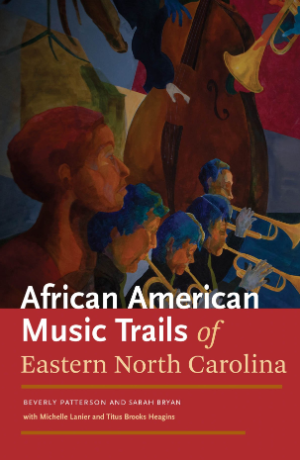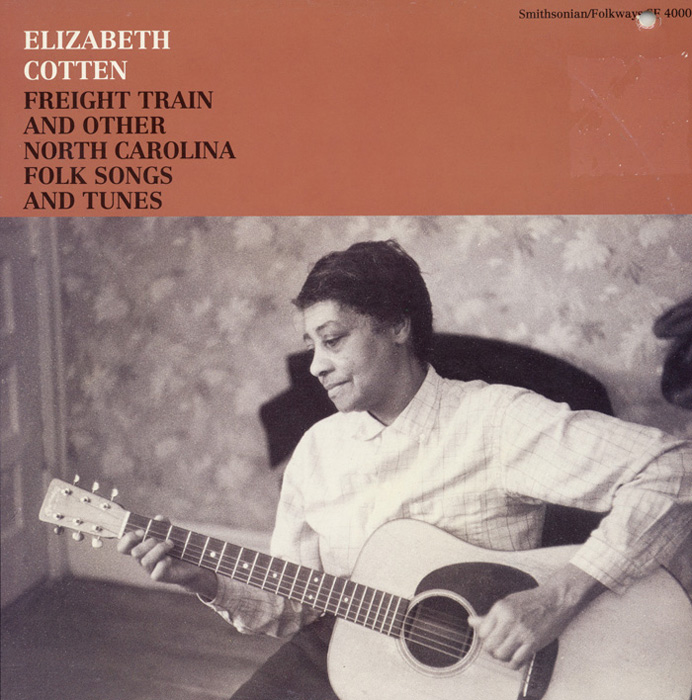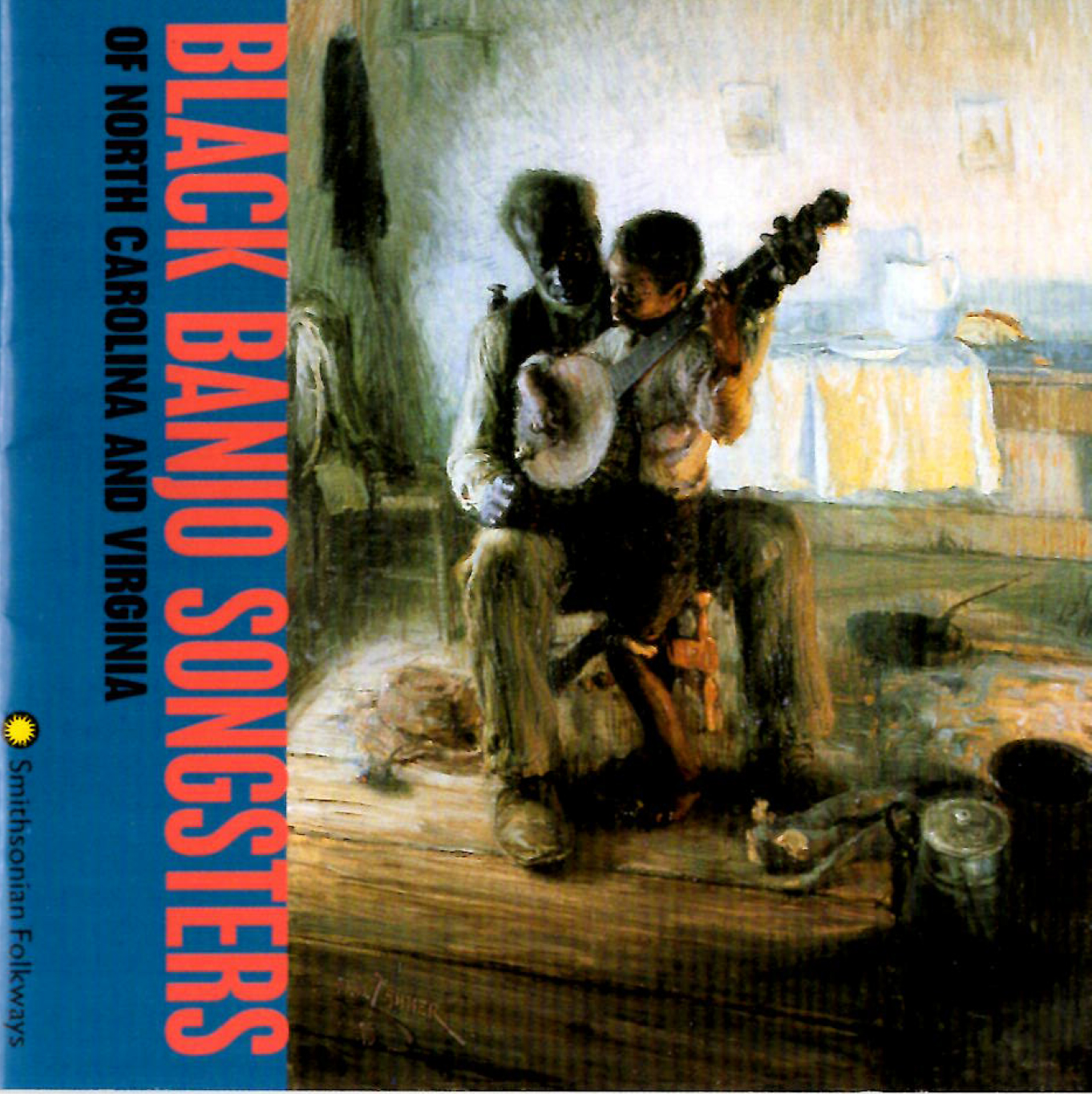Description
Going Down to Raleigh: Stringband Music in the North Carolina Piedmont, 1976-1998 is a collection of 48 songs from the many stringband traditions of central North Carolina.
This collection—produced by folklorist and musician Wayne Martin—is testament to the region’s indispensable musical history. As Patrick Huber has noted in his book Linthead Stomp, it was the mill villages and urban centers of the quickly-growing Piedmont where early ballads and square dance tunes became hillbilly and country music. Musicians there were exposed to sounds ranging from vaudeville and ragtime to classical banjo music and Piedmont blues. The results are apparent on this CD—songs that are equally influenced by British and Scots-Irish ballads as they are by popular music and sacred traditions.
Especially strong on this collection is a selection of songs from black stringband pioneers Joe and Odell Thompson from Mebane. As Martin notes in the liner notes, songs like “Old Corn Liquor”—with percussive fiddling and sing-songy dance calls—“show why a fiddle and a banjo ensemble was once the preferred instrumentation for square dances.”
Other highlights include those tunes that feature Harnett County fiddler Lauchlin Shaw’s smooth-bow fiddling, a style that connected him to his ancestors’ “older bowing pattern[,] handed down from early Scottish settlers in the Cape Fear River Valley.” Songs like “Sally With the Run-Down Shoes” and a version of “Arkansas Traveler” played with Wayne Martin show a style that is unique to the Piedmont.
What makes this collection particularly special is that we are hearing many of these musicians playing at later points in their lives. Smith McMinnis and Leonard Eubanks were both roughly 80 years old at the time of most of their recordings. Not many anthologies focus on later stringband music, preferring instead to place “real” hillbilly music squarely in the past of the 1920s and 30s. The artists, though, are still in as fine a form as ever. Their accumulated experience and talent bear witness to the ways they’ve interpreted more modern strains of country, blues, and jazz.
The Piedmont has always been a crossroads—both literally and figuratively—and Going Down to Raleigh shows what it means to create music at the intersections of those complicated histories.




Reviews
There are no reviews yet.